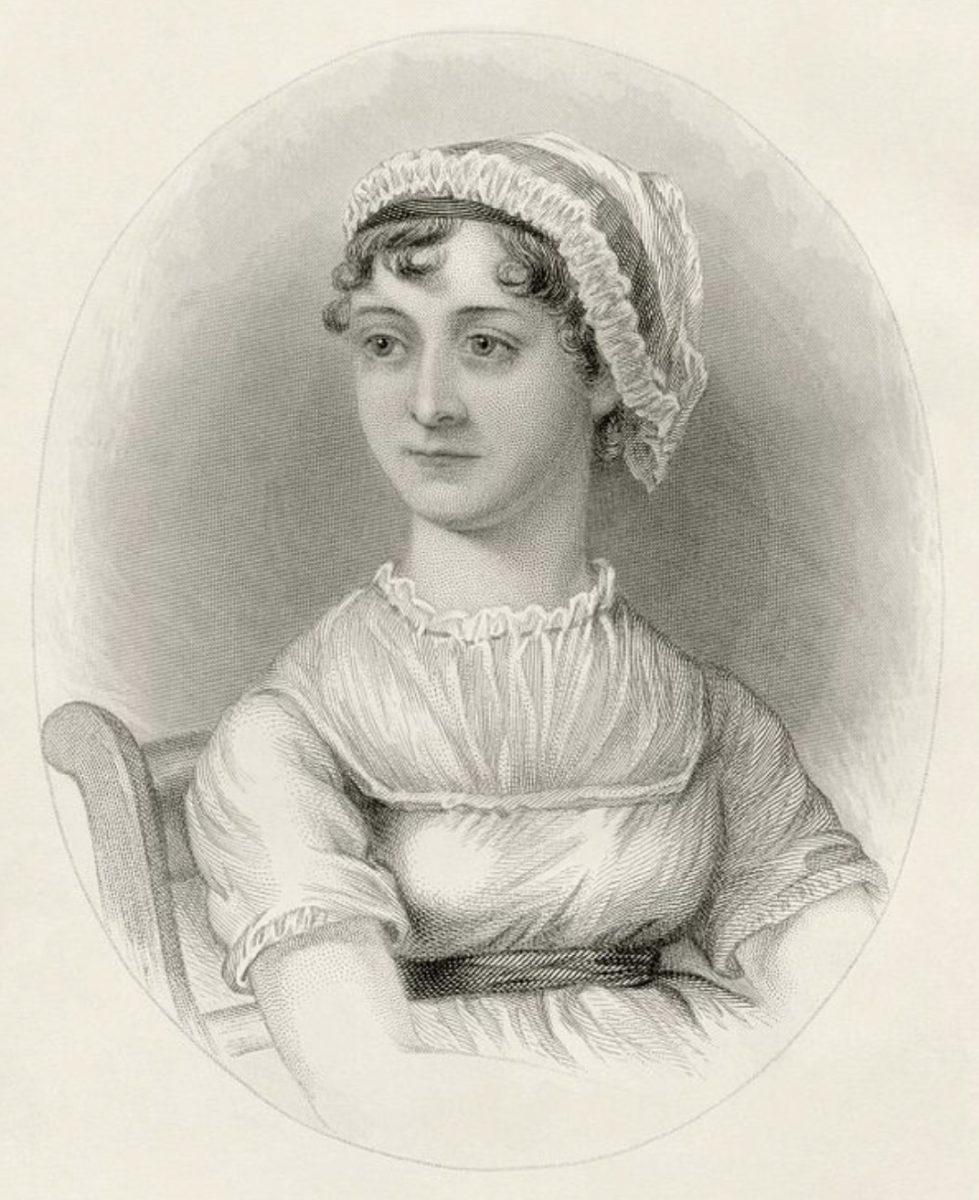To celebrate the 249th birthday of Regency-Era English author Jane Austen, who was born Dec. 16, 1775, The Crimson White reached out to University professors to rank their favorite books from her catalog.
Austen, whose works have remained some of the most widely praised in English literature, wrote six novels in her lifetime: “Sense and Sensibility,” “Pride and Prejudice,” “Mansfield Park,” “Emma,” “Northanger Abbey” and “Persuasion,” all published between 1811 and 1817.
Unsurprisingly, “Pride and Prejudice” — arguably the most well-known and consistently one of the highest-rated — received much love. The novel follows middle-class Elizabeth Bennett as she traverses her complex and initially contentious relationship with higher-class Mr. Fitzwilliam Darcy.
Emily Wittman, an English professor, ranked the novel as her favorite, praising the writing and saying the book is “one of a kind.”
Mary Margaret Popova, an English instructor, called it “one of the great romances” and listed it as her second-favorite.
“The range of contemporary cultural connections, the sparkling dialogue, and the self-conscious inversion of the conventionally sensitive heroine are all features to admire,” Albert Poinke, an English professor, said of the novel.
Another consistent favorite was “Emma,” which found itself at or near the top in the majority of lists. This is perhaps Austen’s most unique story, following titular heroine Emma Woodhouse as she, rather than seek her own romance, blithely meddles in the love lives of others, often winding up in amusing and uncomfortable scenarios. Austen famously said Emma is “a heroine whom no one but myself will like.”
English professor Deborah Weiss — who was described by herself and by Wittman, Pionke, and associate professor Daniel Novak as the department’s Austen specialist — said “Emma” featured a “highly sophisticated narrative,” referring to the story that is split into three volumes and spans about 500 pages. She added that it was engaging and humorous, and Popova also felt this sentiment, calling the book “immensely funny.”
Incongruence in the rankings began with “Sense and Sensibility,” which is typically found near the top of Austen lists but here found inconsistency in placement. The story follows sisters Elinor and Marianne Dashwood, who respectively represent the sense and sensibility in the title’s emotional contrast. Their separate romantic involvements, which push the story forward, bring with them the signature Austen style of misguided love and deception.
Austin Whitver, an English Department senior instructor, labeled it as his favorite. On the other end of the spectrum, Weiss had the novel ranked squarely in last place, saying, “It’s a bit too formulaic in its approach to sense and sensibility, and it isn’t funny.”
After the top three, the remaining books varied in order. Particularly interesting is the polarizing case of “Mansfield Park,” which is to some an Austen masterwork and to others merely an overlong and overstuffed story. Standing at over 400 pages — the second-longest Austen novel behind “Emma” — it is a more somber and often more dense plot, following the bashful Fanny Price during her adolescence and early adulthood in Mansfield Park as she faces emotional mistreatment from a cast of largely cruel characters.
Weiss, who placed it third, said she admired it “because it is so unloved by academics, when in fact its protagonist moves from an unloved, terrified child to become the force for moral reform in the novel.”
Popova gave “Mansfield Park” a last-place vote, saying that although she enjoyed the read, it was “a bit Cinderella-like with Fanny’s plight.”
“Persuasion” was likewise placed middle-of-the-pack, receiving credit for its more pointed romantic focus — the premise is the tense reunion of Anne Elliot and Captain Frederick Wentworth, eight years after Anne rashly cut off their engagement — but getting docked for its lack of humor. Pionke categorized it as among the Austen books that “don’t speak to [him]” as much as his favorites.
The final work to mention is perhaps the widest-ranging in appraisal: “Northanger Abbey.”
On one hand, the light, satirical, and adventurous tone of the narrative, which follows heroine Catherine Morland as she tries to reconcile her novel-induced hyper imagination with events in the real world, stands out in the scope of Austen’s mature and at times weighty storytelling.
Pionke, who ranked the book his favorite, said it was “slyly aware and contemptuous of the conventions of the novel,” citing that Catherine “has to learn to stop thinking that life is like a novel in order to be happy, which is a delightfully cheeky thing for Austen to write.”
On the other hand, the somewhat airy plot is hard for some to resonate with. Weiss said that although the humor is strong and the antagonists are well-written, Catherine is simply less interesting in her development than the other Austen heroines.
Regardless of where individuals ranked each book, a clear theme was that there are no truly poor Austen outings. The novels were consistently praised no matter the spot in the list; Pionke, even with his group of non-standout Austen books, said, “I admire their command of language and exquisite sense of character and setting.”
This and Austen’s lasting place in literary circles suggest that beyond individual preferences, these novels have unique artistic value that stands the test of time.









